Unlock the full potential of your business offerings with our in-depth guide on the Value Proposition Canvas and Mapping. Learn how to align your products and services precisely with customer needs, crafting a value proposition that speaks directly to your target audience. This article provides a step-by-step approach to understanding customer requirements, optimizing your offerings, and communicating value effectively, setting the stage for enhanced customer satisfaction and business success.
Continue readingCategory Archives: n4s-learning
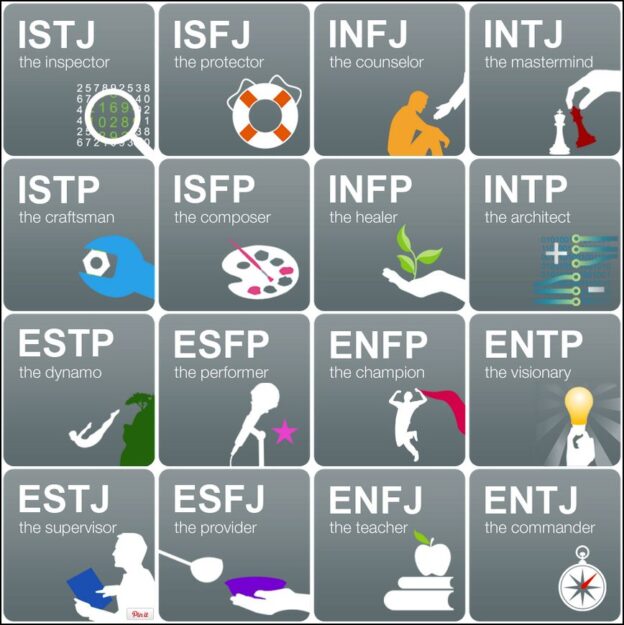
Overview of Myers-Briggs Type Indicator (MBTI)
The Myers-Briggs Type Indicator (MBTI) is a widely used personality assessment tool based on Carl Jung’s theory of psychological types. Developed by Katharine Cook Briggs and her daughter, Isabel Briggs Myers, the MBTI classifies individuals into one of 16 personality types based on four dichotomies:
Continue reading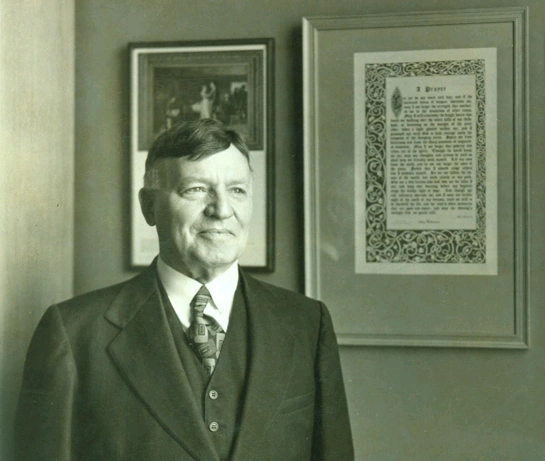
“Desiderata” by Max Ehhrman
Max Ehrmann (1872-1945) was an American writer, best known for his prose poem “Desiderata” (1927). Born in Terre Haute, Indiana, he pursued a career in law before turning to writing. While Ehrmann wrote many works, it’s “Desiderata,” with its wise and calming advice, gained posthumous fame in the 1960s and remains popular today. Its message promotes peace, love, and understanding, emphasizing personal contentment and the intrinsic value of every individual. Ehrmann’s other works, though lesser-known, also reflect his philosophical and spiritual contemplations.
Continue reading
Critical Analysis of Deloitte’s Business Chemistry model
Deloitte’s Business Chemistry is a relatively newer player in the field of personality assessments, designed specifically for the workplace. It seeks to categorize individuals into one of four main types: Pioneers, Drivers, Integrators, and Guardians. While it has found a place in corporate settings and has its proponents, like all models, it’s essential to scrutinize its strengths and limitations critically.
Continue reading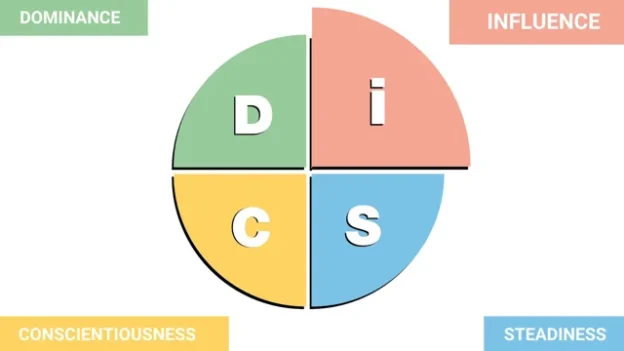
Critical Analysis of the DISC Personality Types model
The DISC personality assessment is a popular tool used in organizational settings and personal development contexts. Based on a model proposed by William Marston in the 1920s, the DISC assessment categorizes individuals into four main personality types: Dominance (D), Influence (I), Steadiness (S), and Conscientiousness (C). Like many personality assessments, DISC has its proponents and critics. Let’s delve into a critical analysis.
Continue reading
Critical Analysis of The Myers-Briggs Type Indicator (MBTI)
The Myers-Briggs Type Indicator (MBTI) is one of the most widely used personality assessments in the world. Developed by Katharine Cook Briggs and her daughter Isabel Briggs Myers in the early to mid-20th century, it classifies people into 16 personality types based on four dichotomies. Despite its popularity, the MBTI has been the subject of considerable criticism. Let’s explore both the critiques and counterarguments.
Continue readingHistory of Deloitte’s Business Chemistry personality types model
Deloitte’s Business Chemistry personality types model was developed to provide insights into workplace behaviors and preferences. The intent was to facilitate better teamwork, communication, and collaboration among individuals and teams. Here’s a brief history and overview.
Continue reading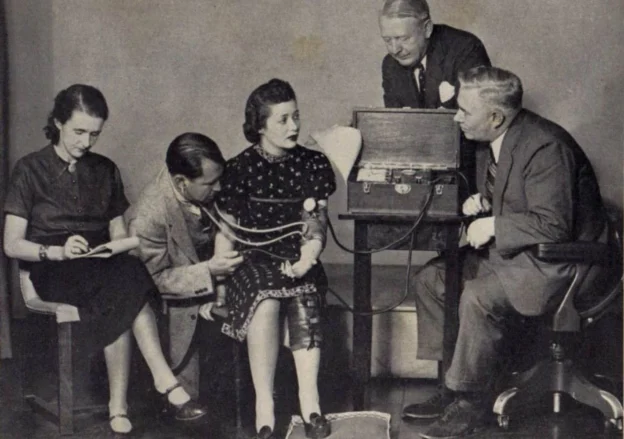
Comparing Deloitte’s Business Chemistry and the DISC Personality Type model
Deloitte’s Business Chemistry and the DISC model are both frameworks designed to help understand and categorize human behavior, especially in a professional context. While both tools have unique approaches, one can draw tentative parallels between their types.
Continue reading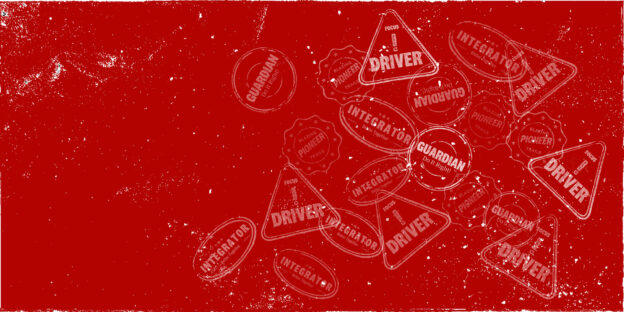
Comparing Deloitte’s Business Chemistry and the Myers-Briggs Type Indicator (MBTI)
Deloitte’s Business Chemistry and the Myers-Briggs Type Indicator (MBTI) are both tools used to understand personality types and preferences. While they are fundamentally different in their approaches and categorizations, some parallels can be drawn between them. Here’s a basic comparison.
Continue reading
Overview of the DISC Personality Types Model
The DISC model is a behavioral assessment tool designed to measure four primary personality traits: Dominance, Influence, Steadiness, and Compliance. These traits represent the ways people tend to approach problems, relate to others, deal with the pace of their environment, and navigate rules and procedures. By understanding one’s DISC profile, individuals can gain insights into their behavioral strengths and preferences, improving communication, teamwork, and personal development.
Continue reading